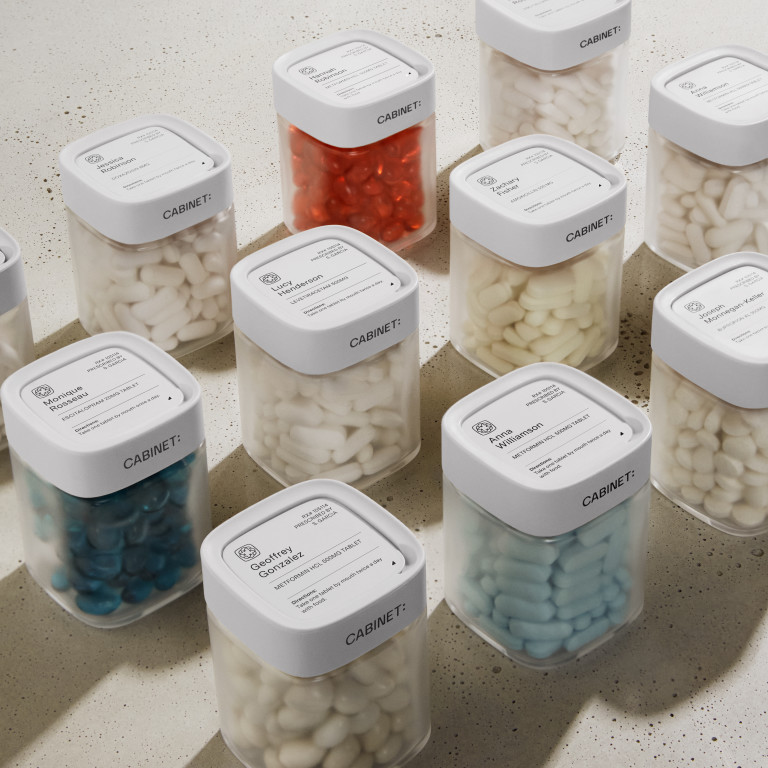Pristiq®, also known by its generic name desvenlafaxine, is a medication that belongs to a class of drugs known as serotonin-norepinephrine reuptake inhibitors (SNRIs). It's primarily used to treat major depressive disorder and generalized anxiety disorder. Pristiq® works by increasing the levels of serotonin and norepinephrine in the brain, which helps regulate mood, appetite, and sleep.
Side Effects of Pristiq®
As with any medication, Pristiq® may cause side effects. Some of the most common side effects of Pristiq® include:
Nausea and vomiting
Dizziness
Headaches
Insomnia or sleepiness
Dry mouth
Constipation
Sweating
Sexual dysfunction
While these side effects are generally mild and temporary, some patients may experience more severe side effects, such as suicidal thoughts or actions, increased blood pressure, and serotonin syndrome. Patients should always consult with their healthcare provider if they experience any adverse reactions while taking Pristiq®.
Prescribing Pristiq®
Pristiq® is a prescription medication that can only be prescribed by a licensed healthcare professional. Before prescribing Pristiq®, a healthcare provider will evaluate a patient's medical history and symptoms to determine if it is an appropriate treatment option. The healthcare provider will also provide instructions on how to take Pristiq®, including dosage, frequency, and any precautions or potential side effects to be aware of.
Refilling Pristiq® Prescriptions with Cabinet Health
Cabinet Health can refill Pristiq prescriptions and offers eco-friendly and personalized packaging options for medications. Patients can receive their medication in Cabinet's eco-friendly glass bottles, which are more sustainable than traditional plastic bottles. Cabinet also offers a seamless transfer of prescriptions to their personalized packaging, ensuring that patients have access to their medication without contributing to plastic pollution.
What's the History of the Drug?
Pristiq, or Desvenlafaxine, is a relatively new drug that was approved by the Food and Drug Administration (FDA) in the United States in 2008. It was developed as a successor to the popular SNRI Effexor (venlafaxine). Desvenlafaxine is actually an active metabolite of venlafaxine, meaning that it is what venlafaxine gets converted into in the body. The development of Desvenlafaxine aimed to provide the benefits of venlafaxine with fewer side effects and a more convenient dosing schedule.
How Common is Pristiq®?
Pristiq has been widely prescribed since its introduction to the market. It's commonly used as a treatment option for individuals with major depressive disorder and generalized anxiety disorder. Its usage continues to be prevalent due to its effectiveness and relatively favorable side-effect profile compared to other antidepressants. However, it's important to note that the prevalence of a medication's use can vary greatly depending on factors such as the specific population, region, and healthcare practices.
What Are Common Drug Interactions to Be Avoided with Pristiq®?
There are several drug interactions that should be avoided with Pristiq. Some common ones include:
Monoamine Oxidase Inhibitors (MAOIs): These medications are also used to treat depression. Combining MAOIs with Pristiq can lead to a potentially life-threatening condition called serotonin syndrome, which can cause symptoms like agitation, hallucinations, rapid heartbeat, and high body temperature.
Serotonergic Drugs: These include other antidepressants, certain pain or migraine medications, and some herbal supplements like St. John's wort. These can also increase the risk of serotonin syndrome.
Blood Thinners: Pristiq can increase the risk of bleeding, especially if you take blood thinners such as warfarin or aspirin.
Certain Migraine Medications: Certain types of migraine medications, known as triptans, can also increase the risk of serotonin syndrome when taken with Pristiq.
Alcohol: While not a medication, it's important to note that drinking alcohol while taking Pristiq can worsen the medication's side effects and can also increase the risk of serotonin syndrome.
This is not a comprehensive list of all possible interactions, so it's important to tell your healthcare provider about all medications, supplements, and substances you are taking. They can guide you through possible interactions and provide a treatment plan that best suits your health needs.









